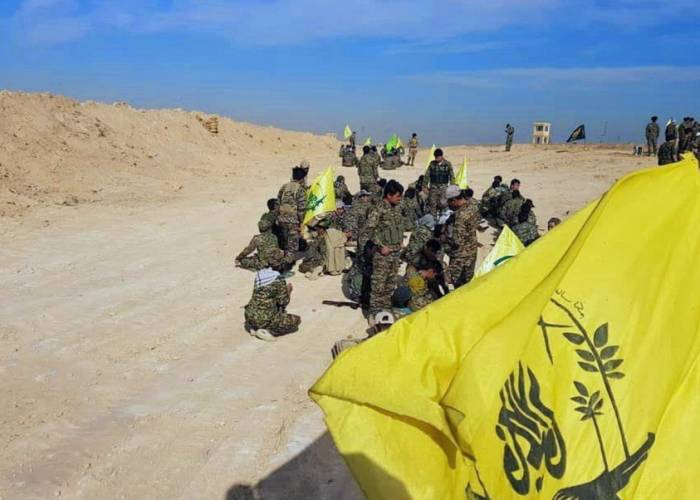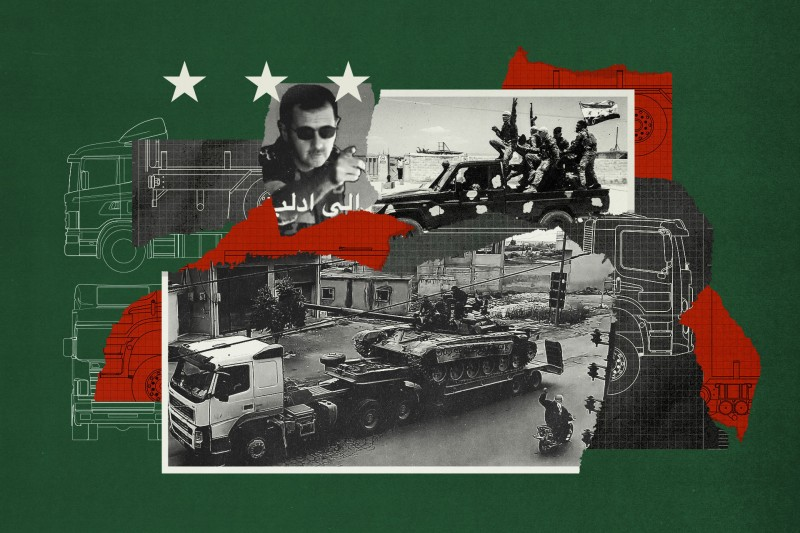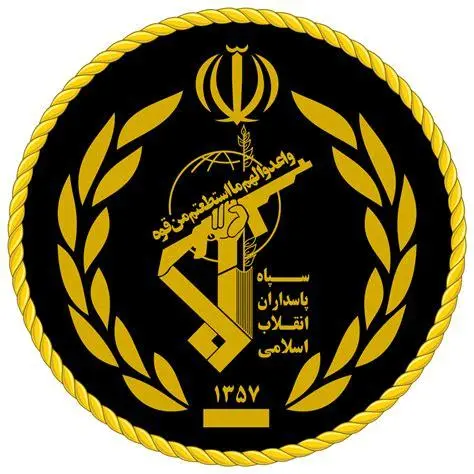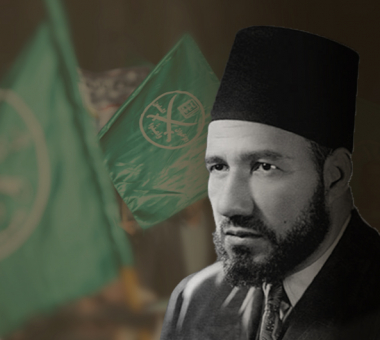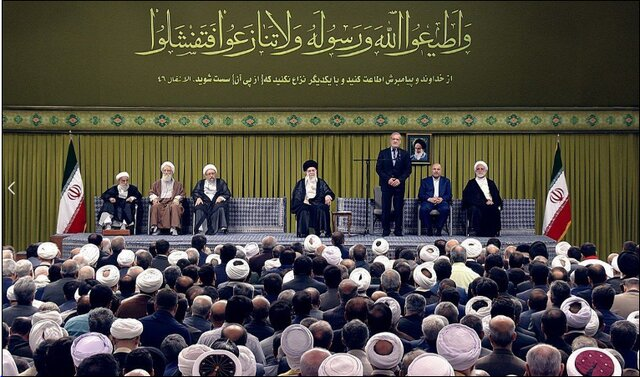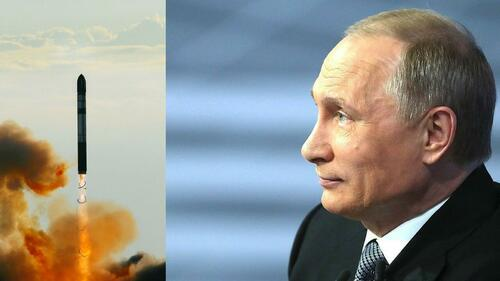Hezbollah Withdraws Forces from Syria to Strengthen Its Front in Lebanon Amid Rising Tensions
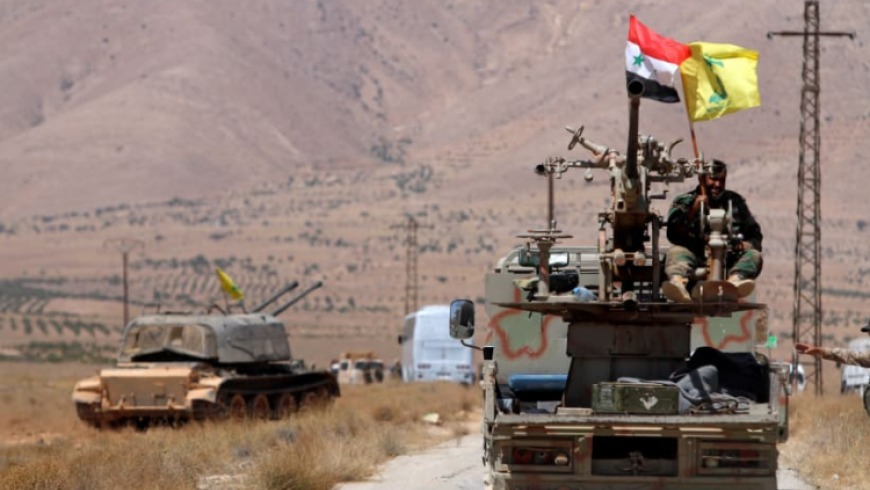
A significant portion of the recalled forces belong to Hezbollah’s elite “Radwan Unit”
In a strategic shift following recent Israeli cyber and military attacks, Hezbollah has begun withdrawing key units, including elite forces and special operations teams, from Syria and other Arab countries to bolster its front in southern Lebanon. The move, confirmed by multiple military and security sources, reflects the group’s escalating preparations for a potential confrontation with Israel.

